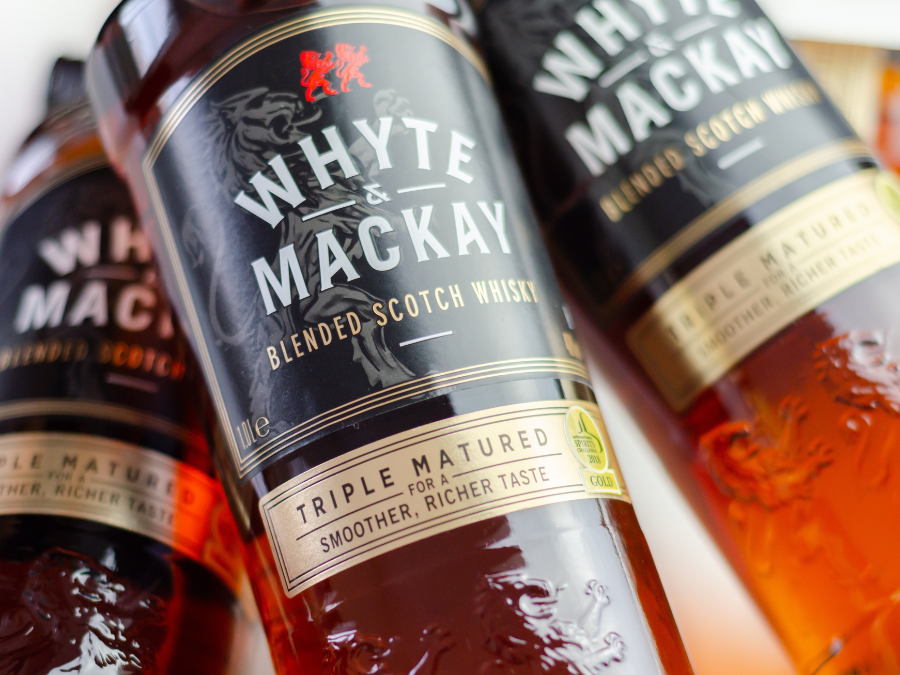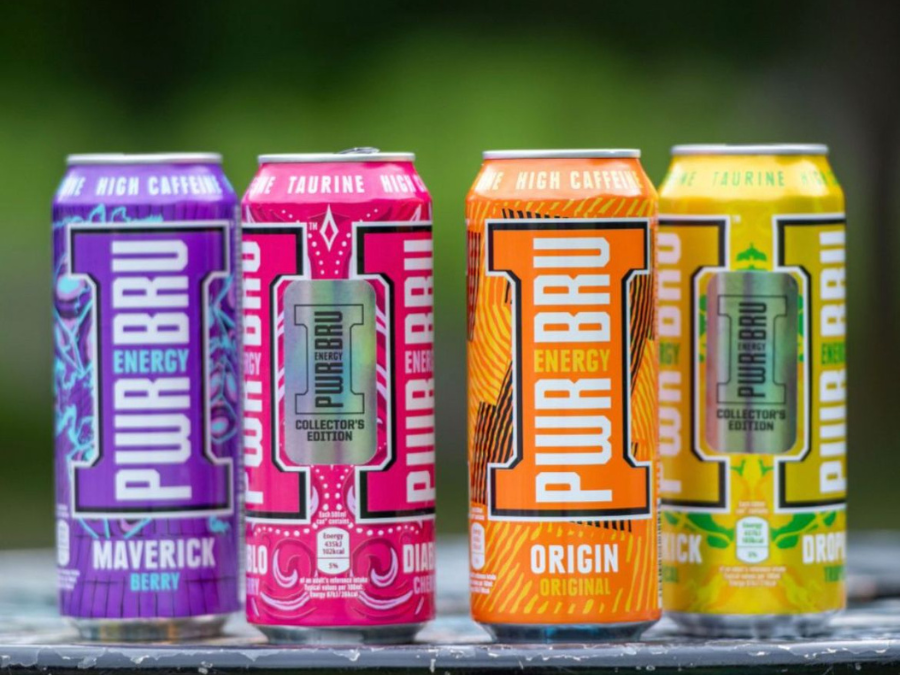UK whisky distiller Whyte & Mackay has partnered with Carbon Capture Scotland to remove carbon and capture biogenic CO₂ from its distilleries.
Owned by Philippines-based Emperador, the Scotch whisky producer’s distillery in Invergordon, northern Scotland will see its carbon output diminish as part of Project Nexus.
Biogenic CO₂ originates from organic processes such as fermentation - an element of whisky production – and is part of the natural carbon cycle. When captured and removed, this reduces the baseline levels of CO₂ in the atmosphere.
The CO₂ captured through this partnership will be used in the local industry, with the excess sequestered via geological stores, resulting in permanent carbon removal, according to Carbon Capture Scotland.
Project Nexus is a UK-wide carbon capture, utilisation and removal initiative led by Carbon Capture Scotland, in which biogenic CO₂ is captured using proprietary technology and transported to nearby utilisation and sequestration locations.
By 2030, the project aims to remove one million tonnes of biogenic CO₂ per year – equivalent to removing 700,000 cars from the road – and to generate over 400 jobs in rural Scotland.
Co-founder Richard Nimmons said: “Carbon Capture Scotland are one of the largest utilisers of CO₂ in the country and this partnership with Whyte & Mackay allows us to capture sustainable CO₂ and either re-use or begin carbon removal efforts. We have been impressed by Whyte & Mackay’s sustainability program, which fits well with our own efforts for Scotland to reach net zero.”
Brother and co-founder Ed Nimmons added: “We want to show the market that carbon capture is not just about reducing fossil fuel emissions. We have a near-term opportunity to capture sustainable CO₂, originating from Scottish grain, and to use this to both decarbonise industry and combat climate change by removing permanently. There are fantastic co-benefits to the project, including local employment, education and development of low carbon skills.”
Just Drinks has contacted Whyte & Mackay for comment on the partnership.
Last month, Emperador announced that it would be doubling the size of the Invergordon distillery to 92 hectares.
The expansion plans come off the back of the 7bn Philippine pesos ($125m) investment that Emperador announced in May.
The Manilla-headquartered company then announced that the investment will be used to upgrade machinery and facilities, with 6bn pesos earmarked to increase whisk(e)y production. The remaining 1bn pesos will be used to improve brandy production facilities across the Philippines, Spain and Mexico.














